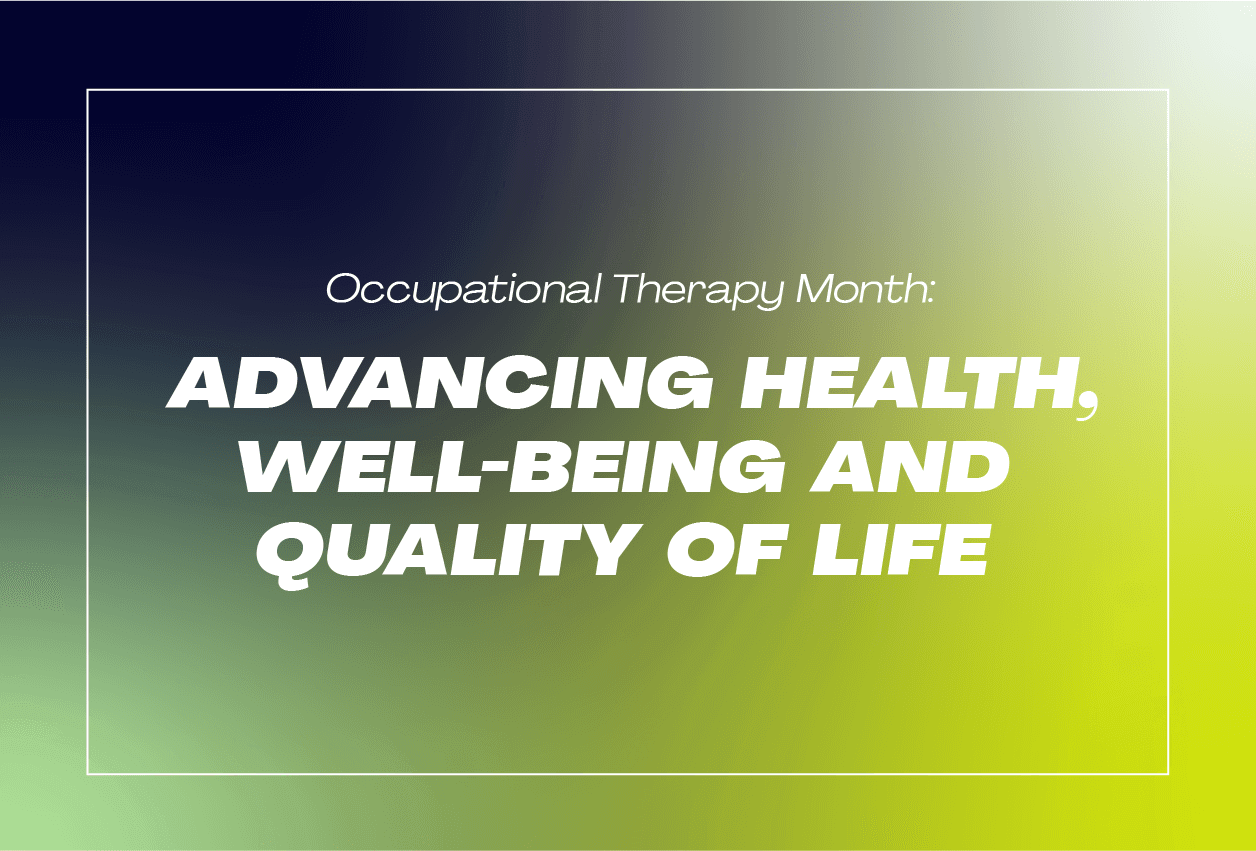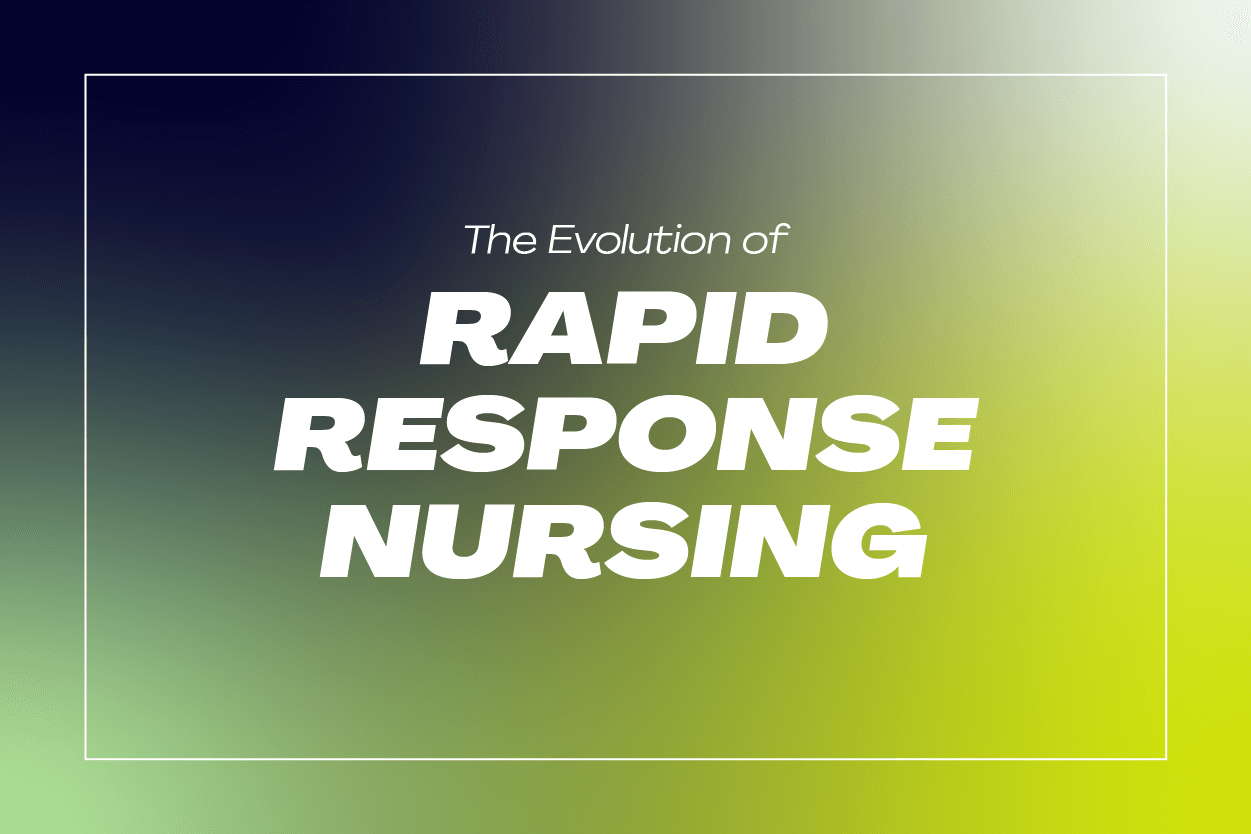By Rachel Lamb . 15/11/2017 · 3 Minute read
As a healthcare professional, you're always looking out for your patients and doing what's best for them. Sadly, the kindness isn't always reciprocated as patients/carers can often turn their frustrations on you. You know it's essential to stay professional, but it's pretty hard when someone is hurling abuse at you and making it very difficult to do your job, right?
It's helpful to know why patients or their carers might become 'challenging' in the first place:
- They are feeling unwell or experiencing pain
- Misuse of alcohol or substance abuse
- They're experiencing anxiety, fear or distress
- They have unrealistic expectations of healthcare
- They feel guilty for not bringing the patient to hospital sooner
- Communication or language barriers
- They had a poor experience with a previous healthcare issue
You should also understand what behaviour a challenging patient/carer might display:
- Verbal threats or abuse
- Making demands or trying to control the situation
- Unwillingness to cooperate or listen
- Physical violence towards people or their surroundings
Before attempting to handle a situation with a challenging patient, you should:
- Check to see if the patient's behaviour is brought on by a medical condition. If so, you should treat them as much as possible without putting yourself or anyone else at risk.
- Consider if the patient's experience with their doctor has been affected by waiting time pressures. Communication between doctor and patient can play a large role in their mood/patience, and when under a lot of pressure, a doctor's communication style may differ.
- Find out if a lack of resources in the department (staff/beds/seats) has led to the patient's deteriorating mood.
You must assess any high-risk situations
If you're unsure how a challenging patient or carer may react to bad news or a long waiting time, look around and assess who could be vulnerable should there be violence. This includes other people in waiting areas, reception staff and colleagues.
If a patient/carer becomes violent, you should:
- Stay calm - listen carefully to what the violent person says
- Be reassuring - show some acknowledgement of what's troubling them
- Allow them to explain - understanding their anger might help to resolve the problem
- Keep eye contact - but do not hold it for too long
- Maintain your distance - however, try to avoid corners so the person doesn't feel trapped
- Ensure they don't have a weapon - if they do, ask them to set it down. Do not ask them to hand it to you.
- Press the panic button if available - if not, call for some help
- Leave the room - once able, call the security team or police immediately
- Move the patient away from public view - but only if safe to do so
How can you help to prevent violent situations?
If you're aware that patients are becoming frustrated and consequentially violent because of problems within the hospital (systems/policies/lack of resources etc.), you should flag this to the trust.
Request training for Conflict Resolution to help you deal with abusive or violent situations.
Share this article with your colleagues so they can better protect themselves, fellow staff and patients.
Wait, before you go! Why not check out...
What's it really like as an optometrist within the NHS?
Getting through your first night shift
How to reduce patient anxiety during an MRI scan









